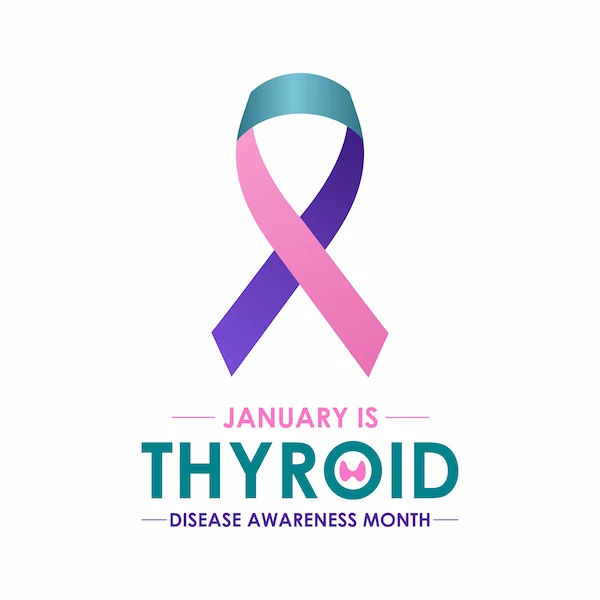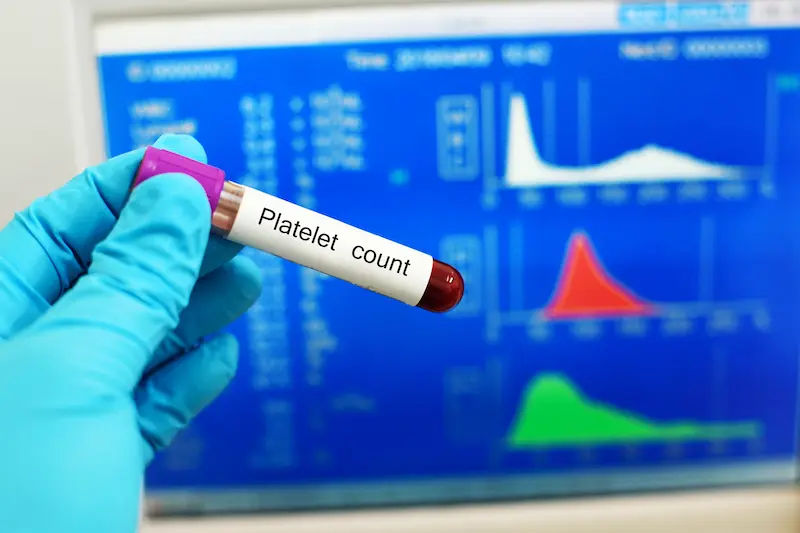Spinal Cord Injury Recovery Process Explained
Understand the complex spinal cord injury recovery process, from acute care and rehabilitation to long-term management. Learn about the stages, therapies, and factors influencing recovery for individuals affected by SCI.

Written by Dr. Vasanthasree Nair
Reviewed by Dr. Shaik Abdul Kalam MD (Physician)
Last updated on 13th Jan, 2026

A spinal cord injury (SCI) can be lifechanging, affecting movement, sensation, and bodily functions. However, with the right care, rehabilitation, and support, recovery is possible. This guide will help you understand the recovery process, what to expect, and how to manage life after an SCI.
Understanding Spinal Cord Injury
The spinal cord is a bundle of nerves that carries messages between the brain and the rest of the body. When it gets damaged—due to accidents, falls, or medical conditions—communication is disrupted, leading to partial or complete loss of movement and sensation below the injury level.
Types of Spinal Cord Injuries
Complete SCI – No movement or sensation below the injury.
Incomplete SCI – Some function remains below the injury site.
The higher the injury (e.g., neck injuries), the more body functions are affected.
Stages of Spinal Cord Injury Recovery
Recovery varies for each person, but it generally follows these stages:
1. Acute Phase (First Few Weeks After Injury)
Immediate medical treatment stabilizes the spine.
Surgery may be needed to relieve pressure or realign bones.
Patients may be in intensive care to monitor breathing, heart rate, and other vital functions.
2. Rehabilitation Phase (Weeks to Months After Injury)
Physical and occupational therapy helps regain strength and independence.
Mobility aids (wheelchairs, braces) may be introduced.
Bladder, bowel, and muscle control therapies are provided.
3. LongTerm Recovery (Months to Years After Injury)
Continued therapy improves function and quality of life.
Some patients regain partial movement or sensation over time.
Emotional and psychological support is crucial for adjustment.
Factors Affecting Recovery
Severity of Injury – Incomplete injuries have better recovery chances.
Early Treatment – Quick medical care improves outcomes.
Rehabilitation Commitment – Regular therapy enhances progress.
Overall Health – Good nutrition and mental wellbeing aid recovery.
Consult Top Neurologist For Personalised Tips
Managing Life After SCI
Ways of managing life after SCI:
Physical Care
Exercise & Therapy – Strengthens muscles and prevents complications.
Skin Care – Prevents pressure sores (common in wheelchair users).
Bladder & Bowel Management – Catheters or scheduled routines help.
Emotional & Mental Wellbeing
Counseling & Support Groups – Helps cope with emotional challenges.
Staying Active – Engaging in hobbies and social activities boosts morale.
Lifestyle Adjustments
Home Modifications – Ramps, grab bars, and accessible bathrooms improve independence.
Assistive Devices – Wheelchairs, voice controlled tech, and adaptive tools help daily tasks.
Can Spinal Cord Injuries Fully Heal?
Currently, there is no cure for complete SCI, but research is ongoing. Some patients with incomplete injuries regain significant function with therapy. Stem cell research and nerve regeneration studies offer hope for future treatments.
When to Seek Help?
If you or a loved one has an SCI, early medical intervention is key. Apollo 24|7 offers expert consultations and rehabilitation services to support recovery.
Book a Doctor Consultation or Rehabilitation Session Today!
Call: 18605001066
Visit: www.apollo247.com
Final Thoughts
Recovering from a spinal cord injury takes time, patience, and support. While challenges exist, advancements in medical care and rehabilitation can significantly improve quality of life. Stay hopeful, stay active, and seek professional guidance for the best recovery journey.
You are not alone—help is available every step of the way.
Consult Top Neurologist
Consult Top Neurologist For Personalised Tips

Dr. Rajendra Prasad
Spine Surgeon
36 Years • MBBS. FRCS (Glas) U.K FRCS (Neurosurgery) Intercollegiate Specialty Board in Neurosurgery (U.K). Fellowship in Spine Surgery, Stanmore, London U.K. Specialist Registration in Neurosurgery with General Medical Council. U.K
Delhi
Apollo Hospitals Indraprastha, Delhi

Dr. Dipti Ranjan Tripathy
Neurologist
15 Years • MBBS, MD (GENERAL MEDICINE ),DM (NEUROLOGY)
Rourkela
Apollo Hospitals, Rourkela, Rourkela
(25+ Patients)

Dr. Abhisek Nanda
Neurologist
10 Years • DM (NEUROLOGY) ,DNB(MEDICINE)
Rourkela
Apollo Hospitals, Rourkela, Rourkela
(150+ Patients)

Dr. Mutiki Ramesh Babu
Neurologist
7 Years • MD, DNB
Visakhapatnam
Apollo Hospital Visakhapatanam, Visakhapatnam
(100+ Patients)

Dr. Avinash Goswami
Neurologist
11 Years • MBBS, DNB (Medicine), Dr.NB (Neurology), MNAMS
Delhi
Apollo Hospitals Indraprastha, Delhi
Consult Top Neurologist

Dr. Rajendra Prasad
Spine Surgeon
36 Years • MBBS. FRCS (Glas) U.K FRCS (Neurosurgery) Intercollegiate Specialty Board in Neurosurgery (U.K). Fellowship in Spine Surgery, Stanmore, London U.K. Specialist Registration in Neurosurgery with General Medical Council. U.K
Delhi
Apollo Hospitals Indraprastha, Delhi

Dr. Dipti Ranjan Tripathy
Neurologist
15 Years • MBBS, MD (GENERAL MEDICINE ),DM (NEUROLOGY)
Rourkela
Apollo Hospitals, Rourkela, Rourkela
(25+ Patients)

Dr. Abhisek Nanda
Neurologist
10 Years • DM (NEUROLOGY) ,DNB(MEDICINE)
Rourkela
Apollo Hospitals, Rourkela, Rourkela
(150+ Patients)

Dr. Mutiki Ramesh Babu
Neurologist
7 Years • MD, DNB
Visakhapatnam
Apollo Hospital Visakhapatanam, Visakhapatnam
(100+ Patients)

Dr. Avinash Goswami
Neurologist
11 Years • MBBS, DNB (Medicine), Dr.NB (Neurology), MNAMS
Delhi
Apollo Hospitals Indraprastha, Delhi




